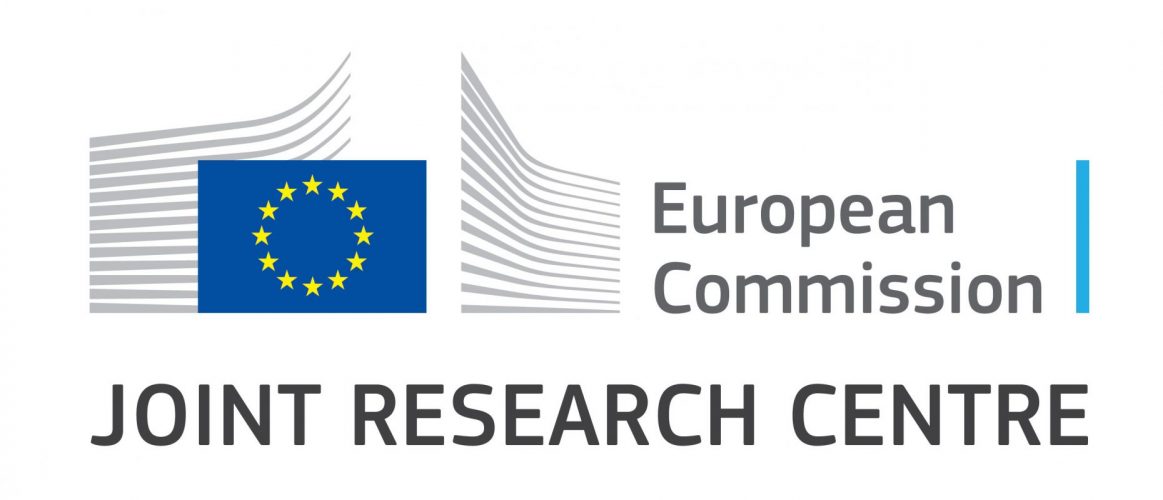
JRC B2 Seminar: “A new poverty indicator for Europe: The extended headcount ratio” – Tim Goedemé
Xoves 6 de Outubro ás 10:00 H (CEST)
SEMINARIO ONLINE: Link
- Código de acceso no ordenador: pBes9RPm2*3
- Código de acceso telefónico: 72379776
ABSTRACT:
The methodology currently used to measure poverty in the European Union faces some important limitations. Capturing key aspects of poverty is done using a dashboard of indicators, which often tell conflicting stories. We propose a new income-based measure of poverty for Europe that captures in a consistent way in a single indicator the level of relative poverty, the intensity of poverty, poverty with a threshold anchored in time and a pan-European perspective on poverty. To do so, we work with a recently developed poverty index, the extended headcount ratio (EHC) and derive the relevant poverty lines to apply the index to poverty in Europe. We show empirically that our measure consistently captures the aspects typically monitored using a variety of indicators and yields rankings that seem more aligned with intuitions than those obtained by these individual indicators. According to our measure, Eastern Europe has a much higher level of poverty than Southern Europe, which, in turn, has a considerably higher level of poverty than North-Western Europe. In North-Western Europe, the evolution of our measure over time correlates most strongly with the at-risk-of-poverty rate, while in Southern and Eastern Europe, it correlates most strongly with at-risk-of-poverty with the threshold anchored in time.
SPEAKER:
Tim Goedemé is Senior research fellow of the Herman Deleeck Centre for Social Policy (University of Antwerp), where he directs research on poverty and social protection, and Associate Member of the Institute for New Economic Thinking at the Oxford Martin School (University of Oxford), where he is involved in the ‘Employment, Equity and Growth Programme’. His research topics include the definition and measurement of poverty and human needs in high-income countries, the adequacy and effectiveness of social policies, as well as environmental sustainability and the welfare state. Recently, he became responsible for setting up the research programme of the new Belgian Federal Institute for the protection and promotion of Human Rights.
ABSTRACT:
The methodology currently used to measure poverty in the European Union faces some important limitations. Capturing key aspects of poverty is done using a dashboard of indicators, which often tell conflicting stories. We propose a new income-based measure of poverty for Europe that captures in a consistent way in a single indicator the level of relative poverty, the intensity of poverty, poverty with a threshold anchored in time and a pan-European perspective on poverty. To do so, we work with a recently developed poverty index, the extended headcount ratio (EHC) and derive the relevant poverty lines to apply the index to poverty in Europe. We show empirically that our measure consistently captures the aspects typically monitored using a variety of indicators and yields rankings that seem more aligned with intuitions than those obtained by these individual indicators. According to our measure, Eastern Europe has a much higher level of poverty than Southern Europe, which, in turn, has a considerably higher level of poverty than North-Western Europe. In North-Western Europe, the evolution of our measure over time correlates most strongly with the at-risk-of-poverty rate, while in Southern and Eastern Europe, it correlates most strongly with at-risk-of-poverty with the threshold anchored in time.
SPEAKER:
Tim Goedemé is Senior research fellow of the Herman Deleeck Centre for Social Policy (University of Antwerp), where he directs research on poverty and social protection, and Associate Member of the Institute for New Economic Thinking at the Oxford Martin School (University of Oxford), where he is involved in the ‘Employment, Equity and Growth Programme’. His research topics include the definition and measurement of poverty and human needs in high-income countries, the adequacy and effectiveness of social policies, as well as environmental sustainability and the welfare state. Recently, he became responsible for setting up the research programme of the new Belgian Federal Institute for the protection and promotion of Human Rights.
